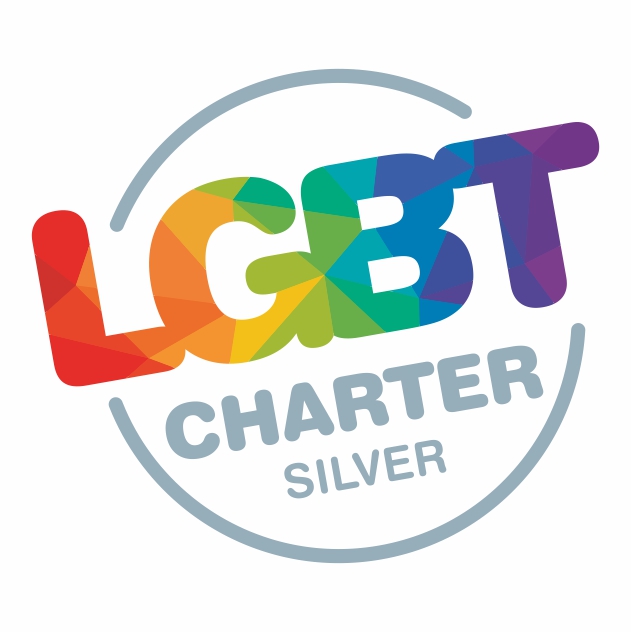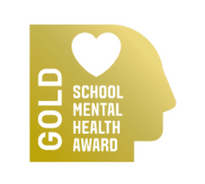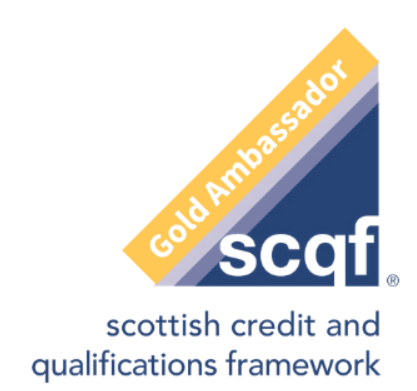
Bheir Gàidhlig Nàiseanta 4 cothrom do luchd-ionnsachaidh sgilean cànain neo-fhillte a leasachadh ann an co-theacsaichean litreachais, cànain, mheadhanan agus cultair.
Cuideachd, bheir an Cùrsa Nàiseanta 4 cothrom do luchd-ionnsachaidh barrachd tuigse fhaighinnair mar a tha cànan ag obrachadh, agus cànan a chleachdadh gus beachdan agus fiosrachadh a chur an cèill sa Ghàidhlig; smuaintean cruthachail agus breithneachadh a chleachdadh gus beachdan agus argamaidean a cho-chur; sgilean breithneachaidh litearrachd agus sgilean pearsanta, eadar-phearsanta agus obrachadh-buidhne a leasachadh; agus barrachd tlachd agus tuigse a bhith aca a thaobh a’ chànain agus a’ chultair aca fhèin, agus cuid dhaoine eile.
National 4 Gàidhlig offers learners the opportunity to develop straightforward language skills in the contexts of literature, language, media and culture.
The Course also provides learners with the opportunity to develop an understanding of how language works, and use language to communicate ideas and information in Gaelic, to use creative and critical thinking to synthesise ideas and arguments, to develop critical literacy skills and personal, interpersonal and team-working skills, and to enhance their enjoyment and their understanding of their own language and culture and those of others.
There are no documents to display at present.
At National 5 and Higher level, classes are taught entirely through the medium of Gàidhlig and pupils are encouraged to use it at every given opportunity. Key features of learning and teaching will be:
- Real communication in relevant contexts, supported by ICT
- A continued emphasis on how the language works, including grammar and idiomatic structures
- Development of critical literacy skills and personal, interpersonal and team-working skills
- A range of extra-curricular opportunities to encourage the natural and fluent use of Gàidhlig in a variety of social settings and contexts
The National 5 Gàidhlig Course enables learners to understand, analyse and evaluate texts in the contexts of literature, language, media and culture, and to create and produce texts. Learners develop their knowledge and understanding of Gaelic cultural heritage and the cultural heritage of others.
http://www.sqa.org.uk/sqa/45677.html
Higher Gàidhlig
At National 5 and Higher level, classes are taught entirely through the medium of Gàidhlig and pupils are encouraged to use it at every given opportunity. Key features of learning and teaching will be:
- Real communication in relevant contexts, supported by ICT
- A continued emphasis on how the language works, including grammar and idiomatic structures
- Development of critical literacy skills and personal, interpersonal and team-working skills
- A range of extra-curricular opportunities to encourage the natural and fluent use of Gàidhlig in a variety of social settings and contexts
Course Information
The Higher Gàidhlig course teaches a range of skills:
- reading, critical reading, listening, talking and writing skills,
- understanding, analysing and evaluating detailed and complex texts in the contexts of literature, language, media and culture
- creating and producing detailed and complex texts
- knowledge and understanding of Gaelic cultural heritage and the cultural heritage of others
Homework
- Pupils complete at least one main piece of homework a week, usually a reading passage or an extended writing activity. They will also regularly work on key language and grammar points.
- In order to meet the necessary standard of fluency at this level, all pupils are expected to extend their use of Gàidhlig beyond the classroom.
- Regular media contact should become a natural habit, and any additional opportunity to speak or use Gàidhlig will ensure that pupils develop confidence and ability when interacting in real contexts/with external partners.
- At all levels, but particularly in the senior phase, pupils are expected to demonstrate a command of grammatical knowledge and a greater breadth of vocabulary. This means that extra time should be taken to revise and consolidate skills taught in class. Pupils should read widely and should access appropriate materials online such as BBC Naidheachdan and Radio nan Gàidheal.
Assessment
Assessment consists of both internal and external assessment of 5 assessment components; reading, writing, literature, talking and listening.
As part of the final SQA Exam, pupils will sit two exam papers:
- READING AND LITERATURE
Question paper 1: Leughadh agus Litreachas
- Section 1: Leughadh airson tuigsinn, mion-sgrùdadh agus luachadh (Reading for understanding, analysis and evaluation) 30 marks
- Section 2: Litreachas
(Literature) 20 marks
- Listening
Question paper 2: Èisteachd (Listening) 20 marks
Writing
During the school year pupils will complete a 1200-1500 word written assignment which is worth 20 marks out of a total of 120 marks for the course assessment. This will be produced independently under some supervision/control and will be submitted to the SQA for marking
Talking
Towards the end of the course pupils will take part in a discussion with the teacher which will be internally marked and submitted to the SQA.
Coursework task: Còmhradh (performance–talking) 30 marks
Beforehand, pupils will have researched a topic in which they have a special interest and this will form the basis of a 10-minute discussion with the assessor (teacher).








